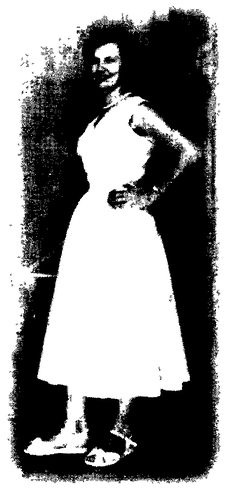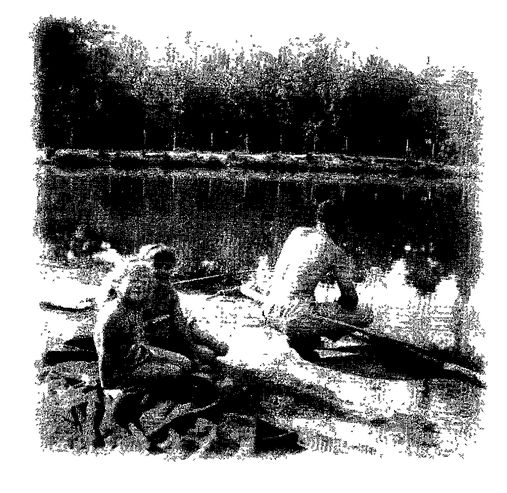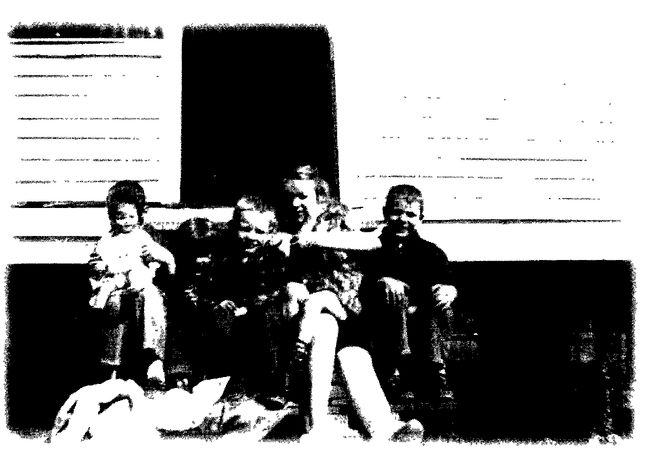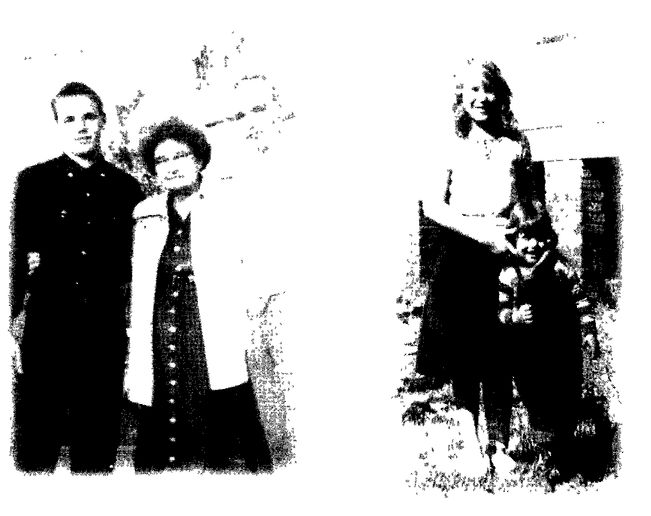Two or Three Things I Know for Sure (2 page)
Read Two or Three Things I Know for Sure Online
Authors: Dorothy Allison

BOOK: Two or Three Things I Know for Sure
12.97Mb size Format: txt, pdf, ePub
I’ll tell you a story and maybe you’ll believe me.
There’s a laboratory in the basement of the Greenville County General Hospital, I told my sisters. They take the babies down there. If you’re poor—from the wrong family, the wrong color, the wrong side of town—they mess with you, alter your brain. That was what happened. That was it.
You believe me?
I’m a storyteller. I’ll work to make you believe me. Throw in some real stuff, change a few details, add the certainty of outrage. I know the use of fiction in a world of hard truth, the way fiction can be a harder piece of truth. The story of what happened, or what did not happen but should have—that story can become a curtain drawn shut, a piece of insulation, a disguise, a razor, a tool that changes every time it is used and sometimes becomes something other than we intended.
The story becomes the thing needed.
Two or three things I know for sure, and one of them is what it means to have no loved version of your life but the one you make.

LET ME TELL YOU A STORY. If I could convince myself, I can convince you. But you were not there when I began. You were not the one I was convincing. When I began there were just nightmares and need and stubborn determination.
When I began there was only the suspicion that making up the story as you went along was the way to survive. And if I know anything, I know how to survive, how to remake the world in story.
But where am I in the stories I tell? Not the storyteller but the woman in the story, the woman who believes in story. What is the truth about her? She was one of them, one of those legendary women who ran away. A witch queen, a warrior maiden, a mother with a canvas suitcase, a daughter with broken bones. Women run away because they must. I ran because if I had not, I would have died. No one told me that you take your world with you, that running becomes a habit, that the secret to running is to know why you run and where you are going—and to leave behind the reason you run.
My mama did not run away. My aunt Dot and aunt Grace and cousin Billie with her near dozen children—they did not run. They learned resilience and determination and the cost of hard compromises. None of them ever intended to lose their lives or their children’s lives, to be trapped by those hard compromises and ground down until they no longer knew who they were, what they had first intended. But it happened. It happened over and over again.
Aunt Dot was the one who said it. She said, “Lord, girl, there’s only two or three things I know for sure.” She put her head back, grinned, and made a small impatient noise. Her eyes glittered as bright as sun reflecting off the scales of a cottonmouth’s back. She spat once and shrugged. “Only two or three things. That’s right,” she said. “Of course it’s never the same things, and I’m never as sure as I’d like to be.”



Where I was born—Greenville, South Carolina—smelled like nowhere else I’ve ever been. Cut wet grass, split green apples, baby shit and beer bottles, cheap makeup and motor oil. Everything was ripe, everything was rotting. Hound dogs butted my calves. People shouted in the distance; crickets boomed in my ears. That country was beautiful, I swear to you, the most beautiful place I’ve ever been. Beautiful and terrible. It is the country of my dreams and the country of my nightmares: a pure pink and blue sky, red dirt, white clay, and all that endless green—willows and dogwood and firs going on for miles.
Two or three things I know for sure, and one of them is the way you can both hate and love something you are not sure you understand.

IN GREENVILLE, halfway through the fourth grade, we got a substitute teacher right out of college and full of ideas. First she brought in a record player and got us to sing along to folk songs—“Cum by yah, my lord, cum by yah!”—until another teacher complained of the noise. Next she tried to get us to do news reports, each of us presenting something we had learned from the news the night before. Another time, it might have worked, but the nightly news was full of Birmingham and Little Rock, burning buses and freedom marchers. Our reports degenerated into shouting matches and mortal insults, voices raised in more than song. More complaints, and this time the principal came around.
Our teacher fell back on what seemed an utterly safe choice. We were to make our family trees, interviewing relatives and doing posters to show the class.
“You can check family Bibles for the names of previous generations, and if you’ve got pictures, you could glue them on the posters.” She blew hard on a strand of hair that had fallen over her right eye. Teaching was clearly not what she had expected. “Or you can make drawings or even cut pictures out of magazines to represent people—anything you like. This is where you get to be creative. Make something your families are going to want to keep.”
We watched as she rummaged through her skirt pockets until she found a hairpin. She spoke while using both hands to tuck her hair back into a rough bun. “Any questions?”
“She wants you to what?” Mama’s tone was pure exasperation when I came home that afternoon. She’d been talking with Aunt Dot, spreading clothes on the dining room table, getting them all sprinkled and rolled up before settling down to ironing. Now she looked like she was ready to throw something.


“This girl an’t from around here. Is she?” From the other side of the table Aunt Dot gave Mama a quick grin over the rim of her coffee cup. “I can just see all those children putting down Mama’s name, and first daddy’s name and second daddy’s name. Could get complicated.”
“Dot!”
“Well, you know I’m right. That brand-new teacher an’t gonna last out the month. Around here parentage is even more dangerous than politics.”
“Why is it so dangerous?”
“Girl, you getting too big to ask silly questions.”
“Well, I need to make lists. I need people’s names. Where’s our family Bible?”
“Our what? Lord. Lord.” Aunt Dot waved one hand in the air. “Girl is definitely not from around here.”
“We don’t have a family Bible?”
“Child, some days we don’t even have a family.”
“Dot, don’t get started.” Mama folded the sleeves of a damp shirt in over the button front, and then, gathering from the collar, rolled the whole into a closed tube. “And you just put down what you know.”
“What do I know? Aunt Grace said once that Granny had eleven children. I know six.”
“Eleven?” Aunt Dot took a sip from her cup and propped her chin on her palm. “Was it eleven? I thought it was nine.”
“Well, nine! I still only know six.”
“There’s no need to count the dead.” Mama snapped a work shirt open and sprinkled furiously. “Put down who you know. You don’t have to put down everybody.”
“But you’re supposed to.”
“Dorothy.” Her expression stopped me. I knew that look. One more word and I would be in trouble.
Other books
The Life Intended by Kristin Harmel
Mickelsson's Ghosts by John Gardner
Welcome to Serpent's Kiss (Serpent's Kiss #0.5) by Sherri Hayes
Pyramid: A Novel (Jack Howard Series Book 8) by David Gibbins
Wasteland (Wasteland - Trilogy) by Kim, Susan, Klavan, Laurence
Expecting the Boss’s Baby by Christine Rimmer
The Menagerie #2 by Tui T. Sutherland
It's My Party by Peter Robinson
Where Did It All Go Right? by Andrew Collins